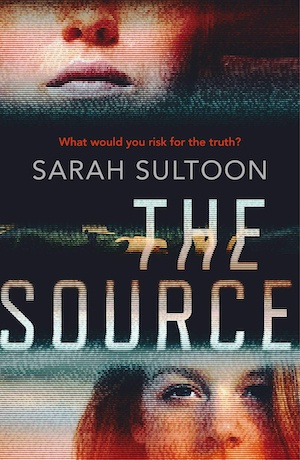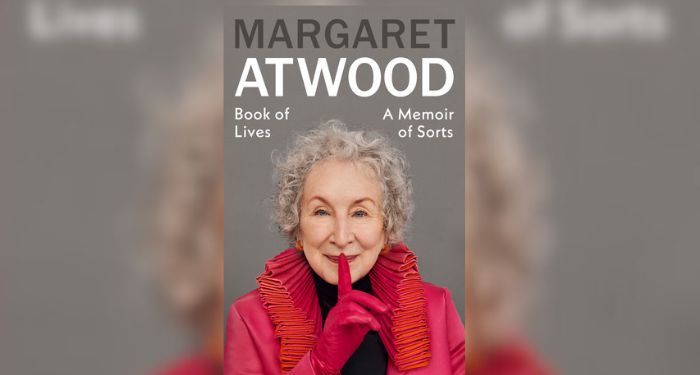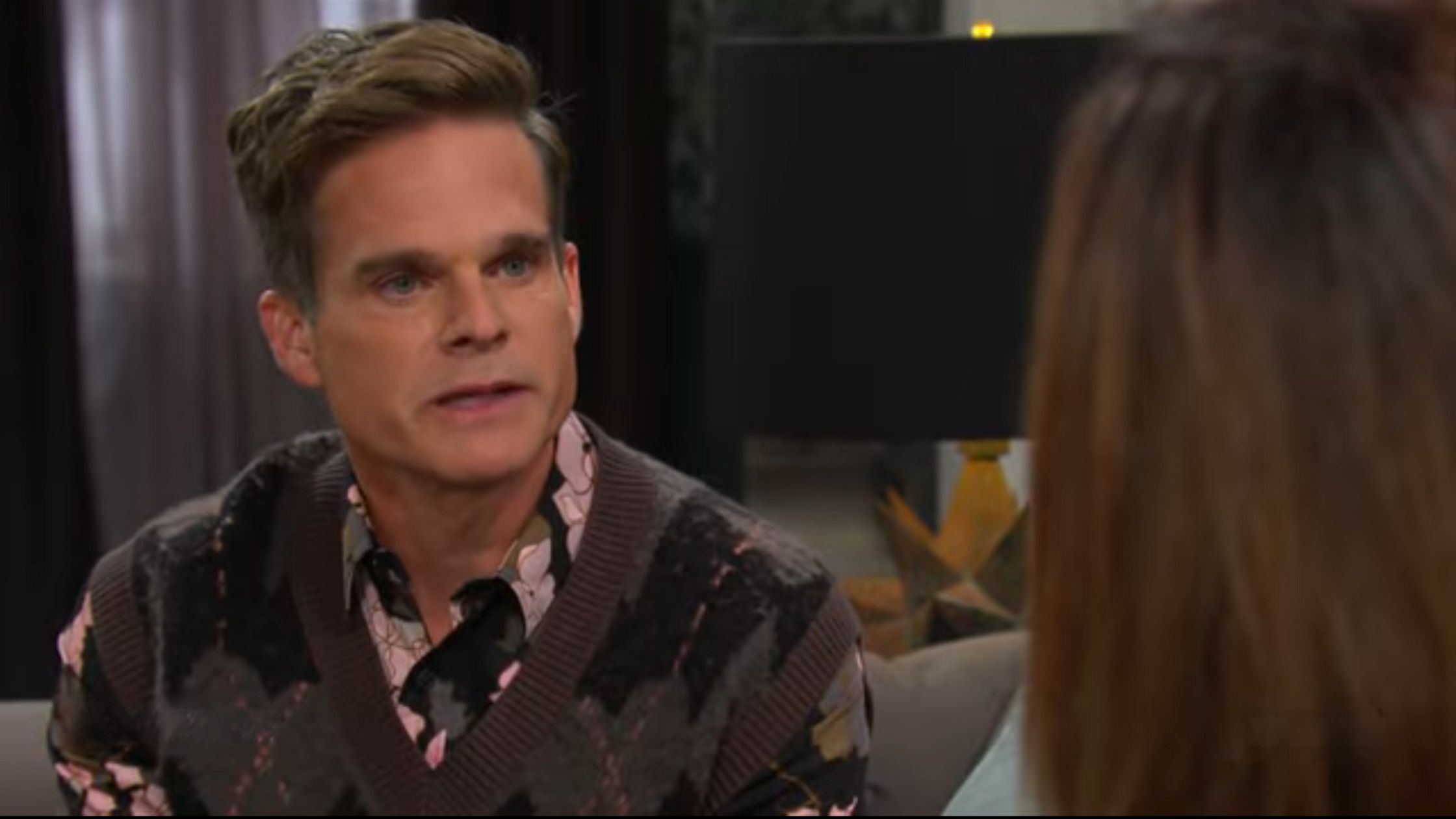Sarah Sultoon’s work as an international news executive at CNN has taken her all over the world, from the seats of power in both Westminster and Washington to the frontlines of Iraq and Afghanistan. She won three Peabody awards for her work on the war in Syria, an Emmy for her contribution to the coverage of Europe’s migrant crisis in 2015, and a number of Royal Television Society medals. After all that real life reporting, Sarah has turned her hand to fiction, with her first novel, The Source, out now. At its heart are journalists working to uncover some pretty scandalous stories. Sit back and let the author explain…
What do you think crime fiction lovers will love about The Source?
The characters – I would hope that readers feel invested in Carly from the start, this smart, eager-to-please, innocent young girl desperate for her childhood back. In Dominic, you have a driven journalist of the most idealistic kind, with the healthy dose of ego that’s necessary in a world where turning the spotlight on unpalatable truths is increasingly difficult. And in Marie you have a damaged soul putting herself back together piece by piece with every scoop – the more she discovers about other people’s stories, the more she is able to believe in herself. The complexities of what each character has at stake set The Source apart from the more traditional crime novels, I think. It’s not as simple as whodunnit. Above all, I would hope readers find the narrative compelling enough to keep turning over – tense, meaningful and full of intrigue.
After years of covering the news, what made you decide to start writing fiction, and why did you choose crime?
I was increasingly worn down by the rigours of news reporting and in a nutshell needed a break from reality! There is no better space in which to escape than fiction! I’m not sure I chose crime as much as it chose me – leaving the news business was akin to entering a decompression chamber. Everyday life was discombobulating for a while. Crime fiction, the darker and grittier the better, became my anchor.

What were the challenges between writing fact and fiction?
You would think there were none, right? Writing factually gives you no room for manoeuvre. And writing fiction is as simple as making it up. But in fact those confines render both disciplines extremely challenging. Writing compelling factual content relies on your story-telling gene far more than writing fiction. You can’t ever mess with the facts, so you have to unearth more and more of them until you have the bones of a story to match. Otherwise who is going to be compelled to read it? You can’t create emotional impact without a story. For example, it is a fact that there are a certain number of tons of plastic waste dumped into the oceans every year. But what are the facts surrounding where it has come from, and why? That is the story to tell with the facts. The dead whale with a child’s pacifier in its stomach. The birds who can’t fly because their wings are glued together by tar.
Conversely, writing fiction when you’ve spent your life living and dying by the facts is equally difficult. I keep having to remind myself I can just change things if they aren’t compelling. I still find the idea I can just make it up as I go along extremely unsettling. For me, any work of fiction still has to feel real. Where can I see reality within the pages. I think I am constantly holding my characters up to that mirror and asking myself whether I have met them before.
What inspired you to write about people trafficking and institutional sex abuse?
The cover-up and ensuing expose of the paedophile rings operating in Rochdale, Rotherham and Telford. The fact that in a 21st century democracy, the state were still able to muzzle the press for a time, on the grounds that revealing the full details of what had happened would inflame race relations. And the fact that the authorities just did not want to know. Still now, no one really wants to talk about it. The CPS only managed to affect the number of successful convictions it initially did by listing the names of some of the victims as accomplices on the charge sheet, simply by dint of their age. That somehow being 17 instead of 15 made you culpable.
And separately, the dozens of servicemen and women I met in Iraq and Afghanistan many years ago. I wanted to examine the idea of what we can be exerted to do in the name of the national interest.
I must stress though, that The Source is a complete work of fiction. It is not the work of a former journalist finding an outlet for something that really happened. It may find reflections in reality but I made the whole story up.
The behind-the-scenes moments in the newsroom ring true – did you base the characters we find there on people you know (and would they recognise themselves)?
Yes! I have had every single one of those newsroom conversations, just regarding different stories. All of those characters are based on real people and I expect they will definitely recognise themselves. To be honest, the only fictional part of the Nine News and Deptford Gazette newsrooms are their names… right down to their respective coffee machines.
How do you get into writing mode? Do you need to work in a particular place? Loud music or perfect peace? Perfectly plotted or go with the flow?
I have three primary school age children so I have to take my chances when I get them I’m afraid. Noise cancelling headphones help a lot otherwise I just start listening to the conversations I can hear around me. I’m a go-with-the-flow writer, I try and plot in advance but find I get nowhere unless I’m in the thick of the story itself.
Are you a crime fiction lover? If so, whose work do you enjoy?
I wouldn’t say I love crime fiction per se, but I’ve certainly read a ton of it whilst trying to write it myself. I need to feel a tangible sense of place when I’m reading, to be able to see everything not just in my mind’s eye, but feel it across all of my senses. To that end I have read almost everything by Denise Mina, Ian Rankin, Abir Mukherjee, Tana French, Kate Atkinson and Jane Harper. But my absolute favourite book of all time is A Fine Balance by Rohinton Mistry. Definitely not crime fiction!
What’s next for you?
I’m currently coming to the end of the first draft of my third book. Here’s hoping I manage to finish it before a Covid case shows up in one of my children’s classes! I hope enough people enjoy my books that I can continue writing them, as I’m not done yet!
Watch for our review of The Source soon, here on Crime Fiction Lover.






